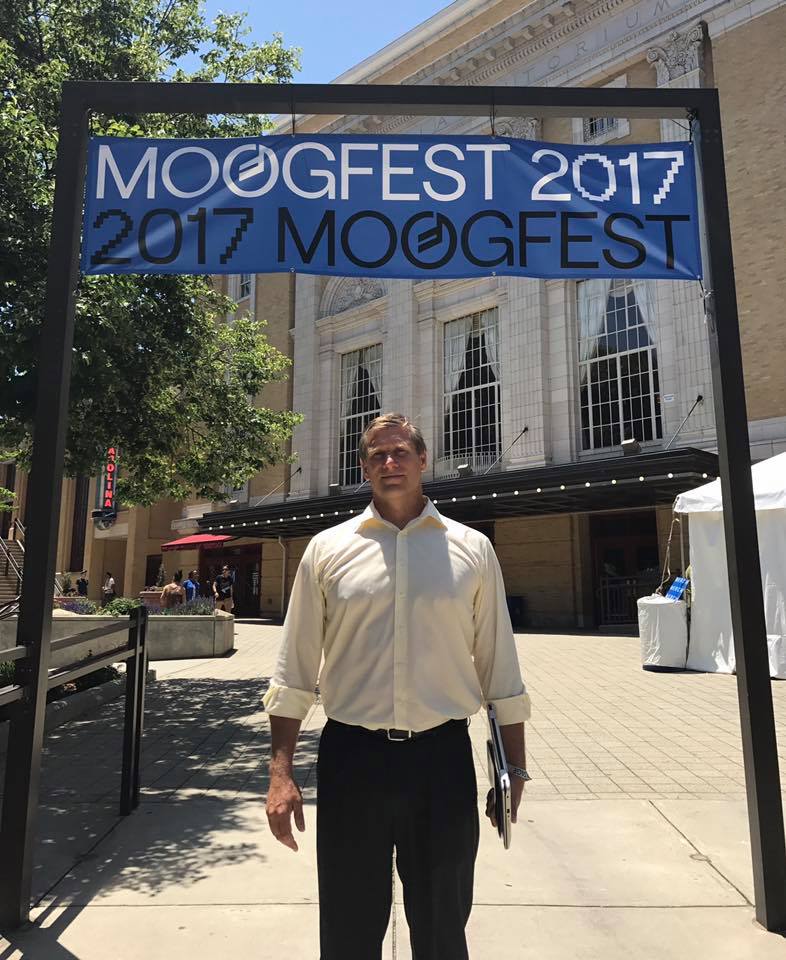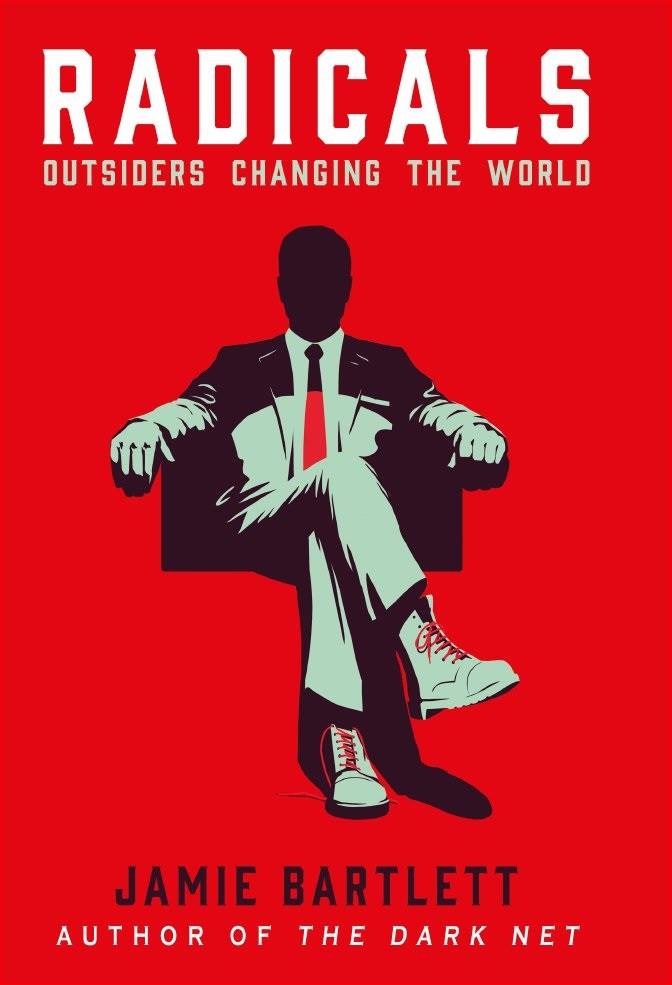A new story out on #transhumanism:
In the Basic Income America Facebook group, Zoltan Istvan, a transhumanist who recently ran for president, shared his Wired article, Capitalism 2.0: the economy of the future will be powered by neural lace. He (along with many others) argues Wall Street, law offices, engineering firms, and more will soon be mostly void of humans.
I think I mostly agree with him. Algorithms will far surpass human ability to achieve the best possible outcomes (Nash equilibrium). Having read Super Intelligence, the Master Algorithm, The Age of Em, books on evolution, lectures, interviews, etc… I think we’re approaching an important moment in human history where we have to figure out morality so we can build it into the proto-AI children we are giving birth to. I’ve even toyed around with a fun idea related to the simulation hypothesis. Maybe we exist as a simulation, repeating the birth of AI over and over again until we figure out a way to do it without destroying ourselves or turning the universe into computonium.
I’ve argued the world may need a Universal Basic Income and Steem Power might power it. I’ve also discussed the morality of artificial intelligence. I’m a big fan of Ray Kurzweil and love hearing him lecture about the future longevity we might enjoy, but I also recognize how fragile biological life is compared to exponentially growing super intelligence. I’ve heard the concerns by Elon Musk, Stephen Hawking, and others, and to me, they are convincing.
So where does this leave us? What do you think of Zoltan’s article? Are we approaching the “If you can’t beat them, join them” moment in our evolution as a species? Will we one day all become transhumanists?






